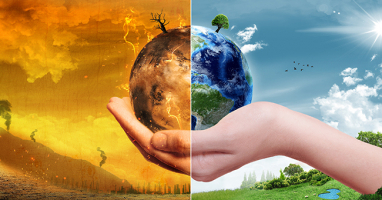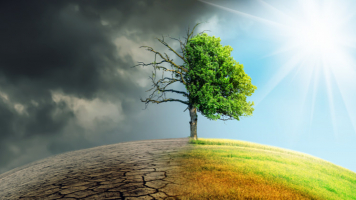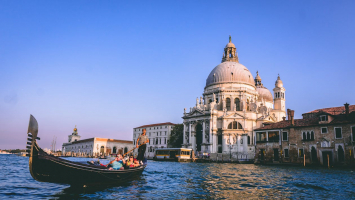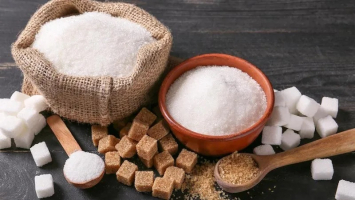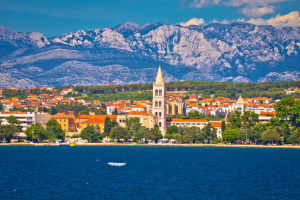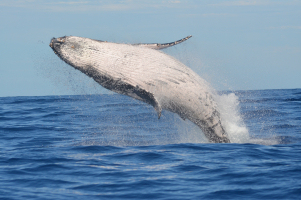Top 4 Reasons Why Climate Change Will Make Russia a Superpower Again
Climate change is a global challenge that will have wide-ranging and potentially transformative impacts on the world as we know it. While the effects of ... read more...climate change are likely to be negative in many respects, they may also create new opportunities for certain countries to assert themselves on the global stage. One country that may stand to benefit from these changes is Russia, which is uniquely positioned to take advantage of several key trends that could help to restore its status as a global superpower. In this article, we will explore some of the reasons why climate change could make Russia a superpower again.
-
As the Arctic ice melts due to global warming, new shipping routes are opening up through the previously ice-covered waters. These new routes could significantly reduce shipping times between Asia and Europe, making them more attractive to international traders and potentially boosting trade volumes. The Northern Sea Route (NSR), which runs along Russia's Arctic coast, is expected to become a key shipping lane as the ice melts, and could potentially rival the Suez Canal as a route between Asia and Europe.
In addition to shipping routes, the Arctic region also holds significant natural resources, such as oil and gas, minerals, and fish. As the ice melts and the Arctic becomes more accessible, these resources could become easier to extract and transport, potentially providing a significant economic boost to Russia.
Russia has long been a major oil and gas producer, and is already a key supplier to Europe and Asia. As demand for these resources increases in the coming years, Russia's position as a key supplier could become even more important. In addition, Russia has already made significant investments in developing the NSR and building up its Arctic infrastructure, which could give it an advantage in accessing and transporting resources from the region.
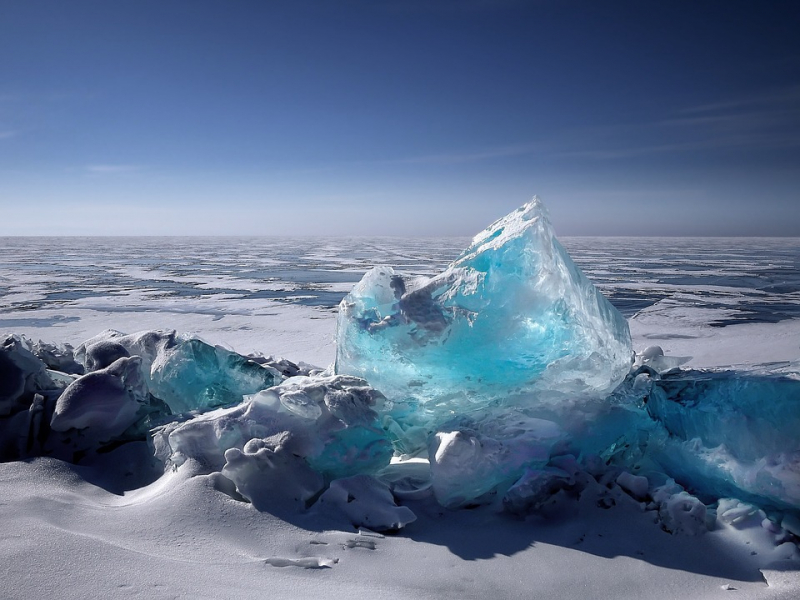
Photo by 8moments on Pixabay 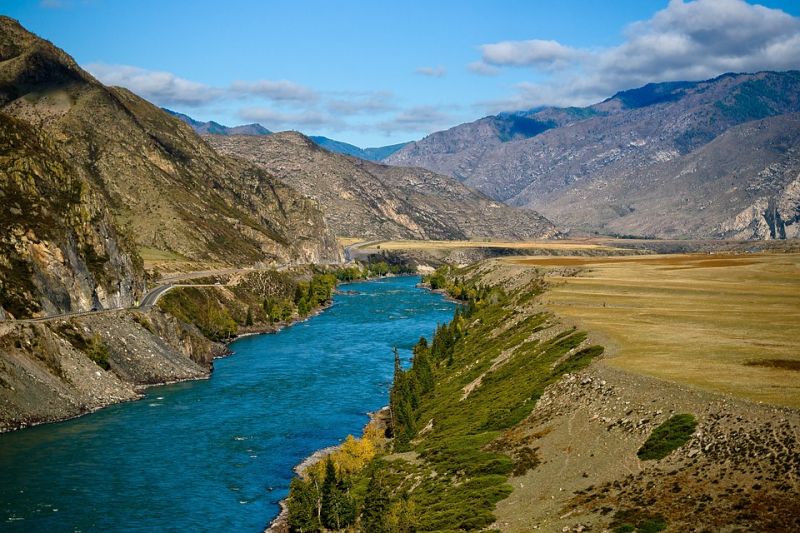
Photo by stafichukanatoly on Pixabay -
Russia, which has a large land area and a significant amount of agricultural land, is one of the countries that could potentially benefit from this trend. In particular, regions of Russia that are currently too cold for agriculture could become more suitable for farming as temperatures warm.
In addition, increased agricultural productivity could potentially provide a significant economic boost to Russia. The country is already a major producer and exporter of wheat, and an increase in crop yields could help to solidify Russia's position as a key supplier to the global market.
However, it's important to note that the impacts of climate change on agriculture are complex and multifaceted, and there are significant risks associated with relying on increased agricultural productivity as a solution to global food security challenges. For example, higher temperatures and changes in precipitation patterns could also lead to crop failures and decreased yields in other regions of the world. Additionally, there are environmental risks associated with increased agricultural production, such as the potential for increased use of water and fertilizers, which can contribute to pollution and other negative impacts.
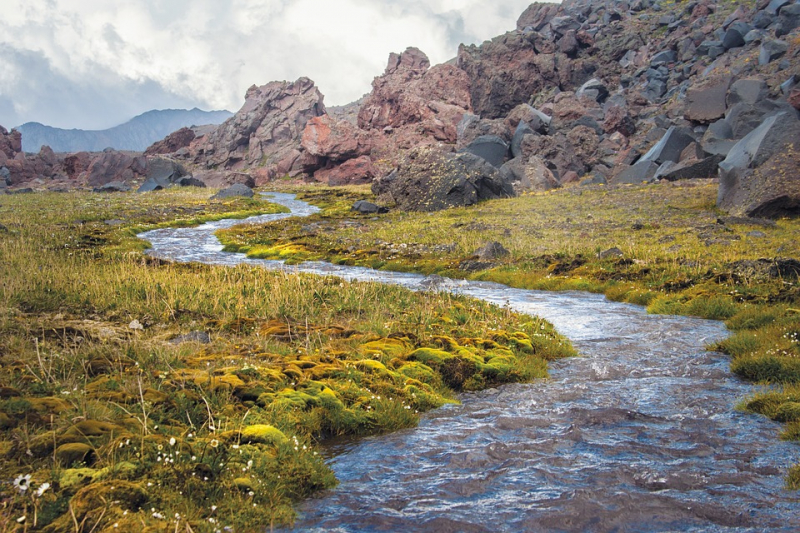
Photo by mystraysoul Pixabay 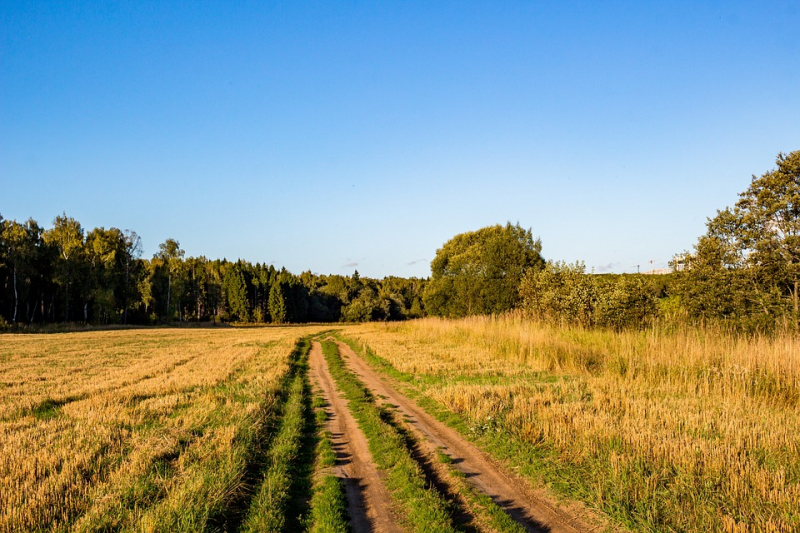
Photo by arodsje on Pixabay -
The melting of the Arctic ice due to climate change is opening up new shipping lanes and previously inaccessible regions for oil and gas exploration and production. This has sparked competition among countries for control over the region and its resources, and Russia, which has the longest Arctic coastline of any country, is well-positioned to take advantage of this competition.
The Arctic region has significant strategic importance for Russia, and the country has already invested heavily in developing its Arctic infrastructure and building up its military capabilities in the region. In addition, Russia has shown a willingness to use its military to protect its interests in the Arctic, which could potentially give the country a significant advantage in the region.
Furthermore, as climate change intensifies, it could potentially lead to increased global instability and conflict as countries compete for access to resources and struggle to cope with the impacts of climate change. This could potentially create opportunities for countries with strong defense capabilities, like Russia, to expand their influence and assert themselves on the global stage.
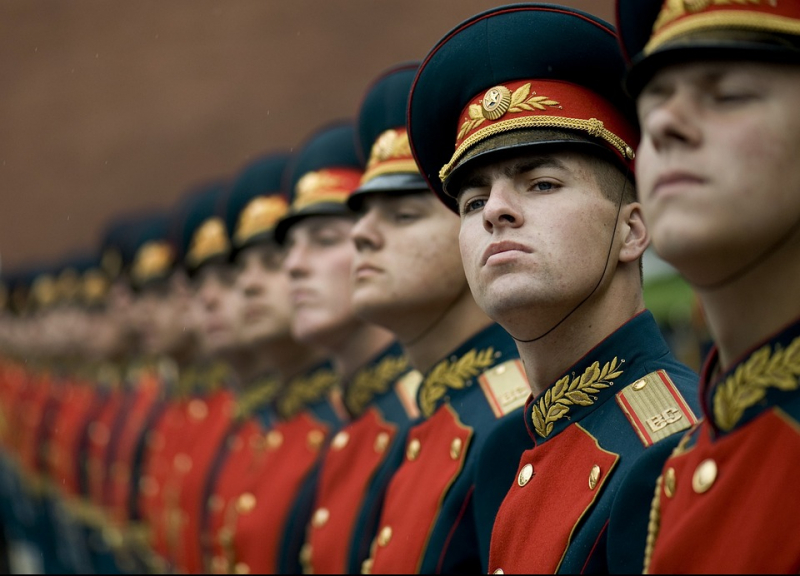
Photo by russia defense capabilitiese on Pixabay 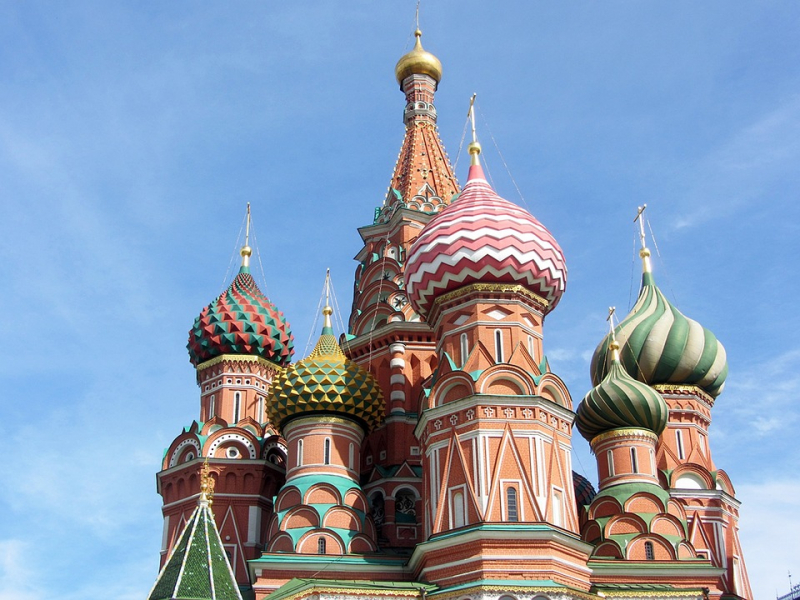
Photo by Maatkare on Pixabay -
Russia, as one of the world's largest greenhouse gas emitters and a major energy exporter, has a significant stake in global climate policy. The country's involvement and leadership in international climate negotiations could potentially give it greater diplomatic leverage on the global stage, particularly as countries work to transition to a low-carbon economy and reduce their reliance on fossil fuels.
Additionally, as climate change intensifies, it could potentially create new opportunities for international cooperation and collaboration. For example, countries may need to work together to address the impacts of climate change on food security, water resources, and other critical areas. Russia, with its vast land area, abundant natural resources, and geopolitical position, could potentially play a key role in these efforts and use its diplomatic influence to strengthen its position as a global superpower.
However, it's important to note that diplomacy and international cooperation are complex and multifaceted, and it's not always clear how much influence a country can wield on the global stage. Additionally, the impacts of climate change are likely to create significant challenges and potentially destabilizing effects, which could limit the opportunities for international cooperation and create new tensions and conflicts.
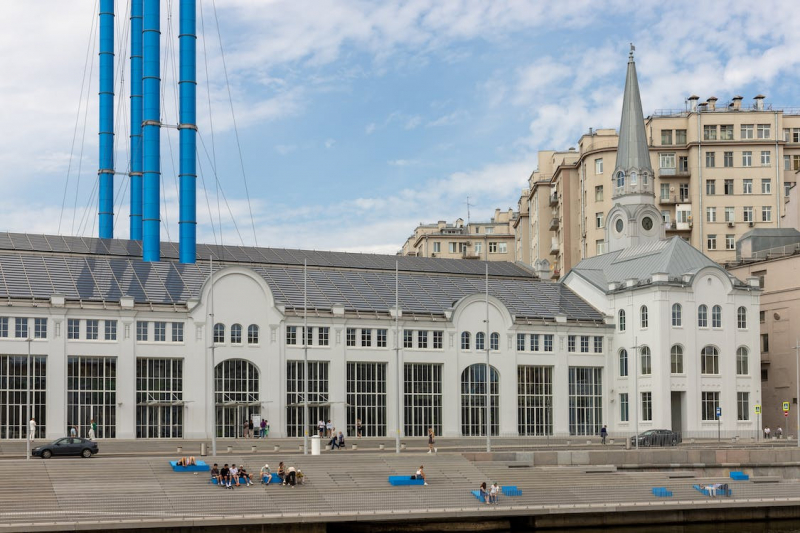
Photo by Михаил Ковалевский on Pexels 
Photo by Roman Ska on Pexels







